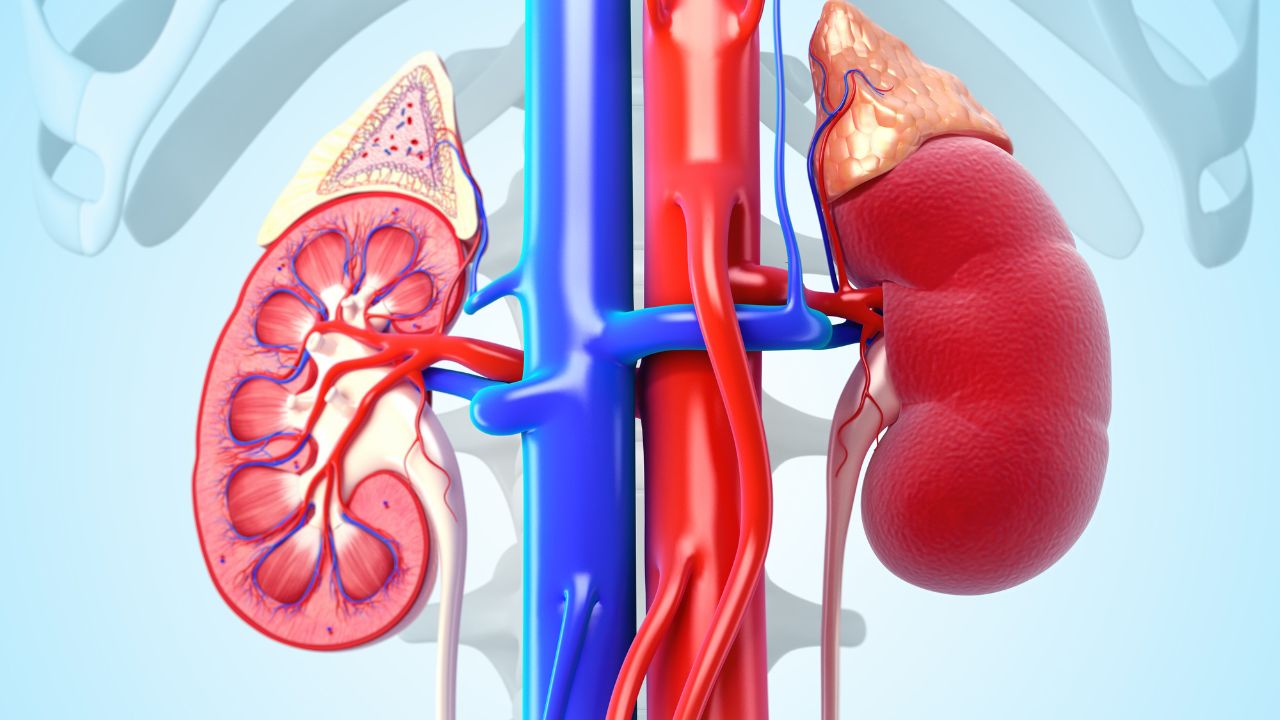Kidney Treatment in India: Comprehensive Guide
Kidney Treatment in India: The kidneys are vital organs responsible for filtering blood, eliminating waste, and maintaining electrolyte balance. They also regulate blood pressure and stimulate red blood cell production. Located on either side of the spine in the abdomen, these bean-shaped organs play a crucial role in overall body function. The term “renal,” derived from the Latin word for kidney, is often used in medical terminology related to kidney function.
Types of Kidney Diseases
Kidney diseases can be broadly categorized into acute and chronic conditions. Acute kidney diseases develop suddenly, while chronic kidney diseases progress over time. Below are some common types of kidney diseases:
- Nephritis: Inflammation of the kidneys.
- Nephropathy: Kidney damage from non-inflammatory causes.
- Chronic Kidney Disease (CKD): Gradual loss of kidney function, progressing through five stages.
- Diabetic Kidney Disease: Kidney damage due to diabetes.
- Polycystic Kidney Disease (PCKD): A genetic disorder characterized by cysts in the kidneys.
- Renal Cancer: Cancer originating in the kidneys.
Symptoms of Kidney Disease
Kidney disease symptoms can vary, but common signs include:
- Swelling in the ankles, feet, and face.
- Pain or burning sensation during urination.
- Frequent urination, especially at night.
- Blood in the urine.
- High blood pressure.
- Fatigue and weakness.
Early detection and treatment are crucial for managing kidney disease effectively.
Causes of Kidney Disease
Several factors can lead to kidney disease, including:
- Diabetes: High blood sugar levels can damage the kidneys over time.
- Hypertension: High blood pressure can scar and damage the kidney’s filtering units.
- Glomerulonephritis: Inflammation of the kidney’s filtering units.
- Polycystic Kidney Disease: A genetic disorder causing cysts in the kidneys.
- Urinary Tract Infections (UTIs): Repeated infections can lead to chronic kidney issues.
- Kidney Stones: Hard deposits of minerals can cause severe pain and kidney damage.
Kidney Treatment Options in India
India offers a range of treatment options for kidney diseases, from medication and lifestyle changes to advanced surgical interventions. The treatment approach depends on the type and severity of the disease.
Acute Kidney Disease Treatment
The treatment of acute kidney disease focuses on addressing the underlying cause. Nephrologists may prescribe medications to manage symptoms and may recommend temporary dialysis to support kidney function. The goal is to restore normal kidney function and prevent further damage.
Chronic Kidney Disease Treatment
For chronic kidney disease, the treatment aims to slow the progression of the disease. Managing underlying conditions like diabetes and hypertension is crucial. Lifestyle changes, such as a low-sodium diet and regular exercise, are often recommended. In advanced stages, dialysis or kidney transplantation may be necessary.
Kidney Dialysis
Dialysis is a life-saving treatment for patients with kidney failure. It mimics the kidney’s function by removing waste and excess fluids from the blood. There are two main types of dialysis:
- Hemodialysis: Involves filtering blood through a machine outside the body. Typically performed three times a week, this method is suitable for patients with stable kidney function.
- Peritoneal Dialysis: Uses the lining of the abdomen to filter blood inside the body. A catheter is surgically inserted into the abdomen, and a special fluid called dialysate is used to absorb waste products.
Conclusion
India is a leading destination for kidney treatment, offering advanced medical care at affordable prices. With a range of treatment options, including medication, dialysis, and surgery, patients can receive comprehensive care tailored to their needs. Early diagnosis and proactive management are key to preventing complications and ensuring the best possible outcomes for kidney disease patients.





